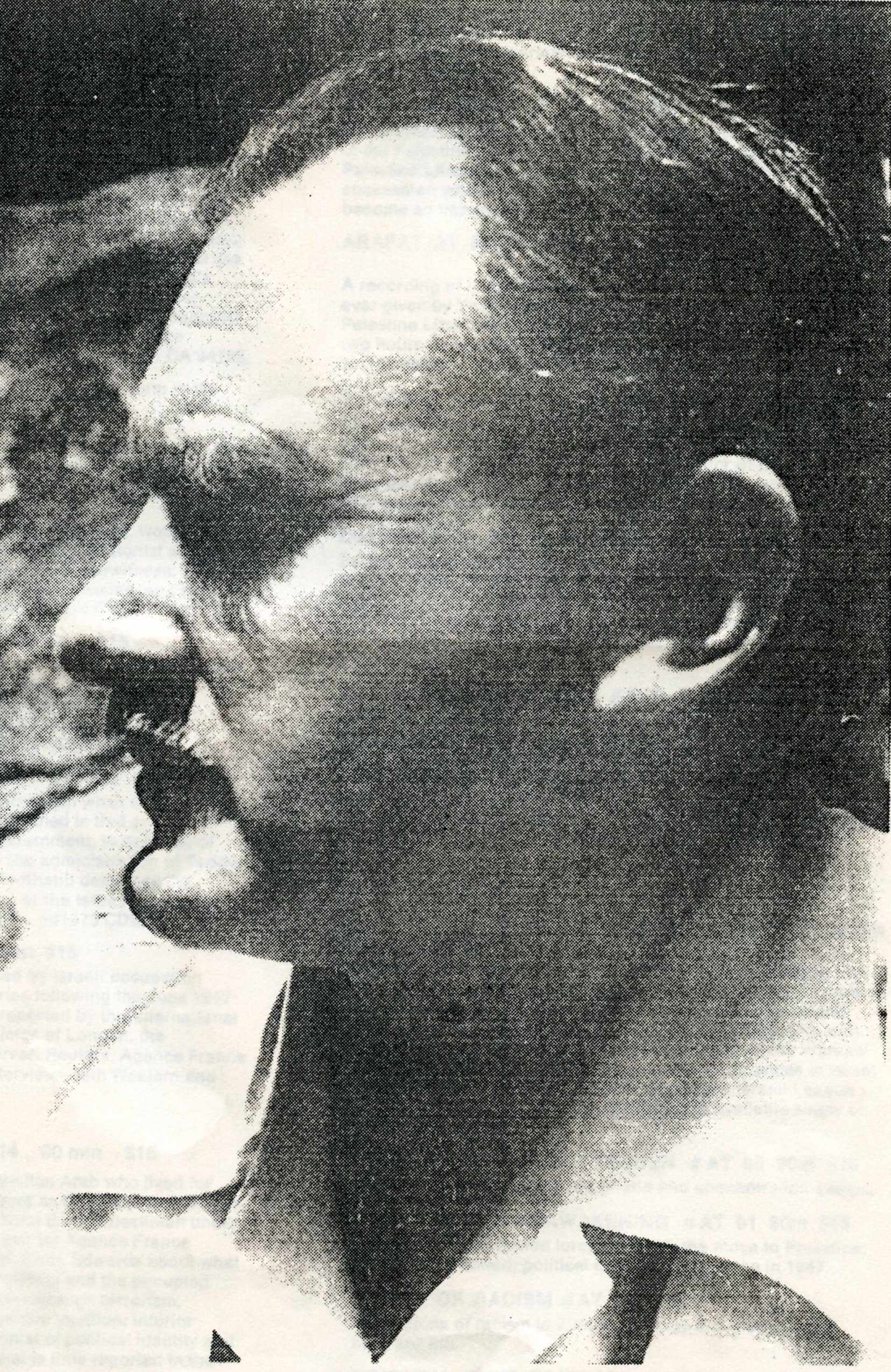Independent Collections
These collections were produced by independent journalists. Many of these recordings make up the bulk of the original collection of the Freedom Archives.
Subcollections
-
Colin Edwards Collection
Materials representing the life-work and journalism of a Welsh radio correspondent and journalist who worked for Pacifica stations, the BBC and many other broadcasters. -
Colin Edwards Free Speech Movement
This collection is produced by journalist Colin Edwards and represent a comprehensive account of the Free Speech Movement and its effect on the political climate of UC Berkeley. -
Programs produced by Kiilu Nyasha
Kiilu Nyasha is a revolutionary journalist and former member of the Black Panther Party. Kiilu still hosts Freedom Is A Constant Struggle, which now appears as a TV program. -
“Nothing is More Precious Than…” a news magazine including music and poetry
KPFA weekly news program running from 1973-1976 featuring in-depth coverage of liberation struggles around the world. -
“The Real Dragon” a news magazine including music and poetry
Real Dragon was a radio program broadcast on KPFA from 1971-1973. This news show focused on issues of national liberation, political prisoners, Vietnam and other major national and international topics.
Documents
3 Documents Found
Call Number: CE 704Format: 1/4 7 1/2 ipsProducers: Colin EdwardsCollection: Colin Edwards Free Speech Movement
Colin Edwards interviews the president of UC Berkeley Clark Kerr about his idea of multi-versity. Multi-versity basically describes the changing role of the university in society and Clark Kerr’s desire to further establish links to business and industry, expand the bureaucracy of the university and lessen its emphasize on abstract ideas and exploration and increase its role as a knowledge factory. Within the interview, Kerr discusses the role of professors, undergraduates vs. graduate students, the role of research, the role of universities in society, the role of truth and morality at the university, the autonomy of the university, educational reform on campus and the role of the president as the mediator in the multi-versity.
Call Number: CE 705Format: 1/4 7 1/2 ipsProducers: Colin EdwardsCollection: Colin Edwards Free Speech Movement
This recording contains excerpts from Clark Kerr taken from interviews and speeches. Most of the focus is on the FSM, his concept of the mulit-versity and the state of universities in society.
*Tape should be played sparingly to ensure preservation
Call Number: CE 715Format: 1/4 7 1/2 ipsProducers: Colin EdwardsCollection: Colin Edwards Free Speech Movement
Six segments. 1. Interview with Heather Monoon, a Canadian student who participated in the Sproul Hall sit-in and describes her experiences in detail, including student-organized classes, study halls and film screenings in the occupied building. 2. Late News Report (January 3/4, 1965) for Countdown and National News on the removal of Chancellor Edward Strong and the appointment of Martin Meyerson. 3. Interview with Mario Savio, touches on his family’s reactions and potential legal consequences. 4. January 4, 1965 report for National News, with comparison to the Toronto University student revolt of 1894. 5. Commentary on background to student revolt, ending with reference to the passage of Prop. 14. 6. Commentary for a documentary on “Concepts of a University,” exploring Clark Kerr’s idea of the “multi-versity” and framing conflict over the nature of a university at the root of unrest on the Berkeley campus.
3 Documents Found






